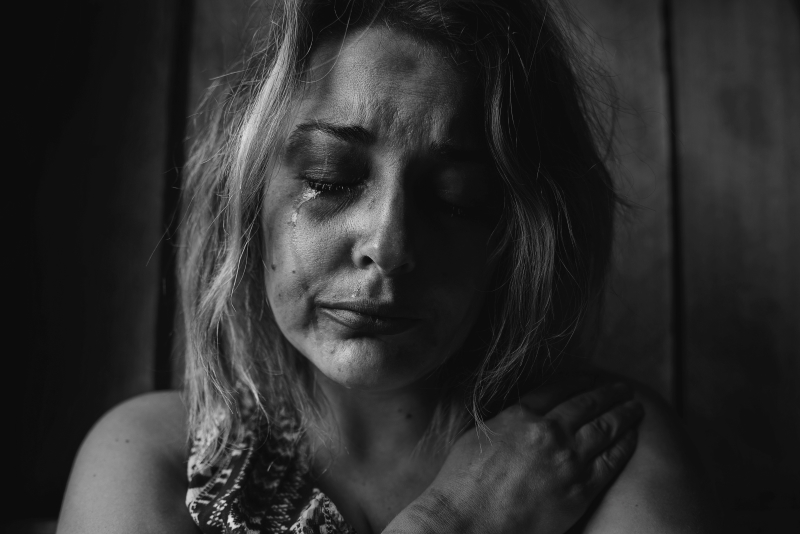
September marks National Suicide Awareness Month, a grim reminder that we lose 129 people a day to suicide in the U.S. That’s 47,000 people each year. It’s the 10th leading cause of death in our country -- and arguably one of the most preventable.
Like many people, my family was relatively unaware of how common suicide actually is until it happened to us. In August 2003, my dad’s twin brother died by suicide. His oldest son was starting high school in a few weeks, and his youngest was only 8.
The 16 years since have been a mix of difficult emotions, as well as purpose, connection and advocacy. We’ve raised money, joined non-profits working to prevent suicide and planned events at college campuses. We’ve provided support for friends and strangers going through the same thing. Although we’ve found a way to channel grief into action, we still experience that grief -- and probably always will.
The statistics offer a grim reality. Millions of people are suicide survivors. Chances are, you are a survivor, or will be. Or you’ll have a friend or loved one who is. Every kind of loss has its own unique grief, and suicide is one of the most complicated. Here are a few things you should know, and can do to help:
- It is not your fault. Those left behind to mourn someone who dies by suicide are often wracked with guilt. We get trapped in “thought loops,” like how we could have seen the signs, or done something to prevent it. Reassure the survivors (and yourself) that you are not at fault.
- Anger is normal. One of the most common things we feel as suicide survivors is anger. We’re angry with our loved one for losing the battle. We're angry with the lack of mental health care they may have been able to access. We’re angry at ourselves. That’s normal. But it’s important to seek a therapist or counselor with whom you can process and ultimately overcome your anger.
- You are not alone. It often feels like no one else could possibly understand what you’re going through. You may not know anyone else who’s grieved a suicide. But you are not alone. Organizations like the American Foundation for Suicide Prevention, NAMI, and Samaritans facilitate support groups, one-on-one meetings, and survivor support resources that you can tap into anytime.
- You may be at greater risk. Losing a close loved one to suicide is, in an unfortunate ironic twist, a risk factor for suicide. There are many families who have lost multiple children, both parents, uncles and cousins. Be vigilant about how you and your loved ones are doing, and seek help before it’s a crisis.
- Talk about it. For too long, death by suicide has been an epidemic living in the shadows of "accidental” deaths. In recent years, more families and loved ones have started sharing their stories and finding both community and healing in doing so. A growing national conversation about preventing suicide is giving many hope. Whether it’s with a close friend, in a support group, or on stage in front of 2,000 people -- please talk about it.
Lastly, to those who dedicate their careers and free time to researching, advocating, supporting, treating, and teaching in pursuit of suicide prevention, thank you, from the bottom of my heart.
Resources
- If you or a loved one is in crisis, call 1-800-273-8255 or text START to 741-741 to speak with a National Suicide Prevention Lifeline specialist.
- For help finding local resources, including support groups and low-cost counseling, call 211 or visit www.211.org for more options.
- To find survivor resources or volunteer your time to help, check out the American Foundation for Suicide Prevention, The Trevor Project, and NAMI.
- If you are a college or high school student or staff member, look into programming available from AFSP, The Jed Foundation, and Active Minds.
- If you are a journalist, please review these guidelines for safe reporting about suicide. Responsibly covering suicide and mental health can help save lives, too.




